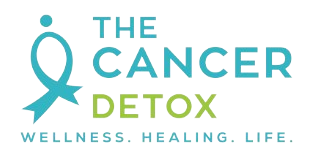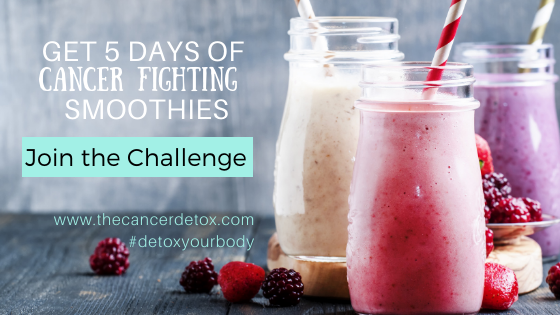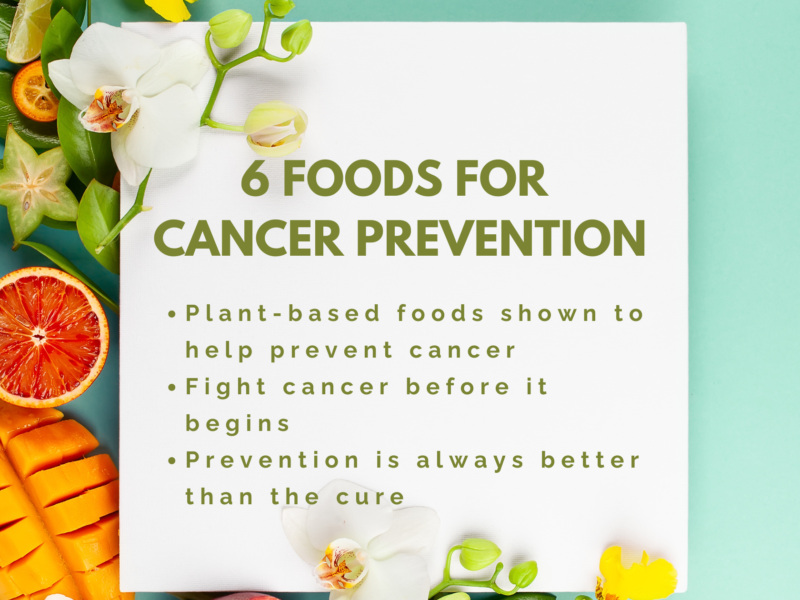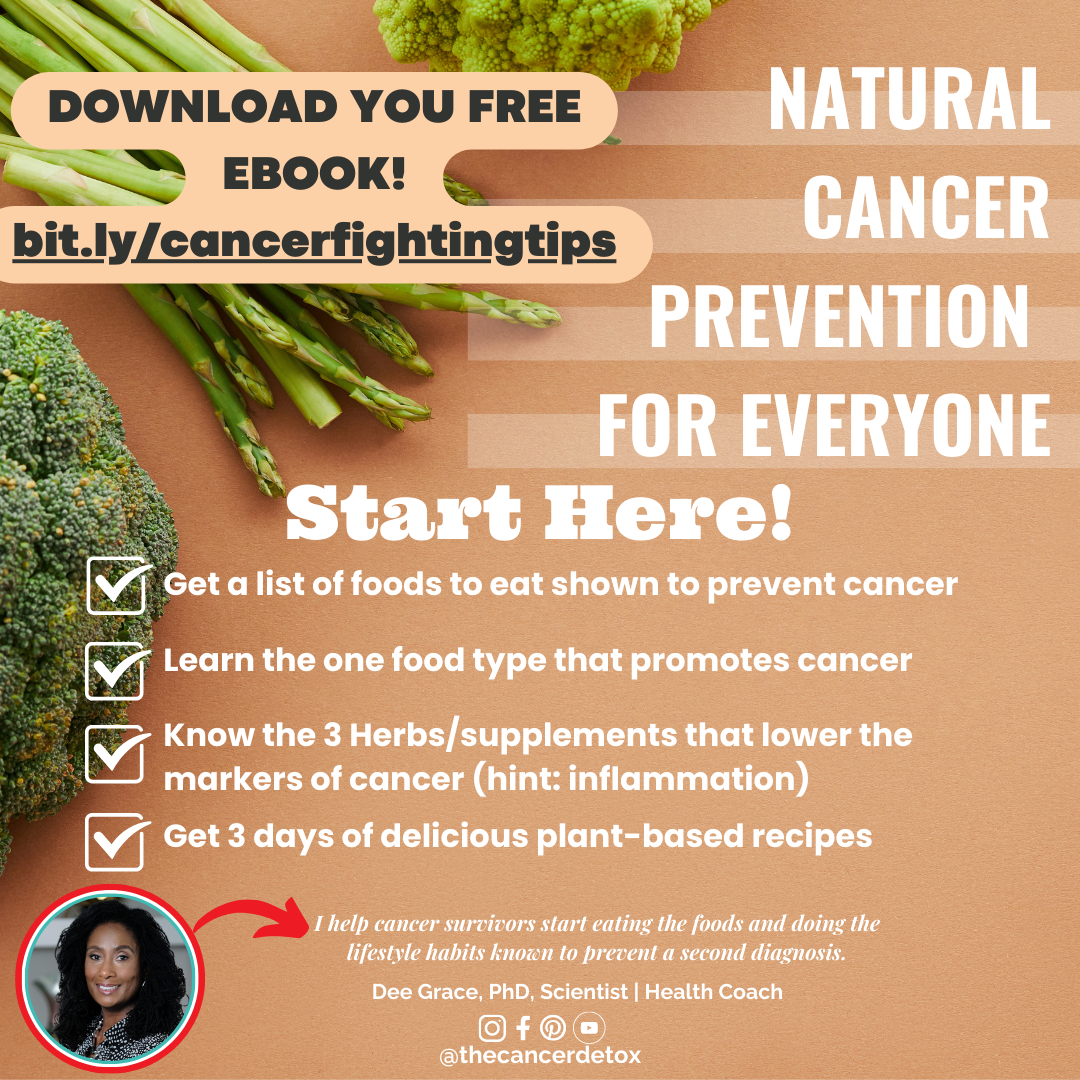3 Holistic Sun Care Practices to Help Lower You and Your Child’s Risk of Getting Skin Cancer
Lowering skin cancer risk starts during childhood. Avoiding intense, short-term exposure helps lower skin cancer risk (more)…
DOWNLOAD FREE STUFF: You know all those healthy things you have always wanted to do? It is now time to start. The #1 thing you can do for your health right now is to start eating more fruits and vegetables. The most delicious way to eat them is in a smoothie. Download the 5 Day Cancer-Fighting Smoothie Challenge to start today.
You have heard all of the advice before on how to avoid getting skin cancer, such as “wear sunscreen” and “avoid prolonged sun exposure.” However, the devil is in the details and we are about to unpack those details today.
Nonmelanoma Skin Cancer (NMSC)
The most common form of skin cancer is nonmelanoma skin cancer (NMSC) and it accounts for 97% of all skin cancer cases. The less common type of skin cancer, melanoma, is more deadly due to the fact that it metastasizes (ie. spreads) to other organs and tissues in the body (unlike NMSC which remains localized to the skin).
There are two types of NMSC, basal cell carcinoma (BCC) and squamous cell carcinoma (SCC). While it remains difficult to know the exact number of NMSC cases in the U.S., mostly due to the fact that this disease is not tracked by a cancer registry like breast cancer, Globocan numbers in 2018 reported that there were 1,042,056 cases.
3 Holistic Sun Care Practices to Avoid NMSC
Not only does the sun help us produce an essential hormone (known as Vitamin D), it also improves our mood. Sunshine makes everyone feel good, so it is no wonder we allow want more sun. However, we should practice holistic skincare habits to ensure we are not increasing our risk of skin cancer.
It is confusing to understand how to appropriately expose the skin to the sun. The 3 holistic sun care habits below are science-based (see reference below) and if implemented, could reduce you and your child’s risk of getting skin cancer:
- Adults should avoid intense, short bursts of sun exposure:
-
- If adults are going to expose their skin to the sun, then they should do so over time and avoid intense short bursts of sun exposure. Cumulative sun exposure that occurs over the long term does not appear to increase skin cancer risk when compared to sporadic sun exposure where it is intense (1). This means that rather than going for all your sun exposure in the summer months it is best to spread out your sun exposure throughout the year. And of course, if you have a tendency to burn rather than tan, then you need extra protection and should use appropriate sunscreen/clothing throughout the year
2. Children should also avoid intense, short bursts of sun exposure:
-
-
- The summer months are when children go out to play. However recent scientific evidence suggests that limiting a child’s sun exposure to just the summer months, and not spreading it out throughout the year, may increase NMSC risk later in life. This is especially true for children and adolescents who have a tendency to burn rather than tan. Sun exposure should be spread out during the year and not just a few weeks or months throughout the year
-
3. Sunscreen is a must for kids, adults may need sunscreen plus protective cover:
-
-
-
- This is especially true if you have a tendency to burn rather than tan. should cover up to avoid BCC: While the use of sunscreen SPF+15 has been shown to reduce the risk of squamous cell carcinoma (SCC), there have been conflicting results on sunscreen’s protective effects in preventing basal cell carcinoma (BCC). Using sunscreen during childhood up to 18 years of age has been shown to reduce the lifetime risk of getting BCC by 78%, however adults should take other protective measures (ie. clothing) besides relying on sunscreen alone to protect them from getting nonmelanoma skin cancer
-
-
To your best health!

Hi! I am Deanine Grace, PhD a Scientist and Cancer Patient Advocate here at The Cancer Detox. I am a trained Microbiologist (cells, bacteria, fungi, and viruses) that has worked in cancer research for 6 years. My passion is cancer prevention and I am great at taking scientific information and breaking it down to the simplest terms so that the public can understand. If you are overwhelmed by a cancer diagnosis or are caring for a loved one with cancer, contact me for a complimentary consult. I will share one immediate action step focused on beating cancer that’s based on science.
- References: Marzuka AG and Book SE. Basal cell carcinoma: pathogenesis, epidemiology, clinical features, diagnosis, histopathology, and management. Yale J Biol Med. 2015;88:167.






